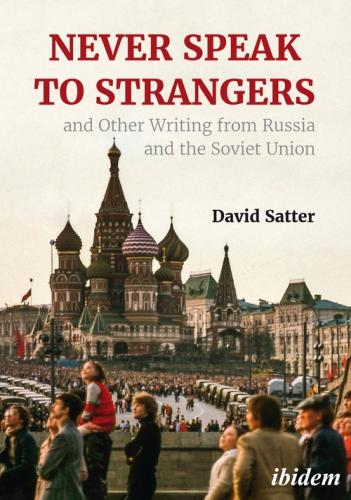ERZEUGT DURCH JUTOH - BITTE REGISTRIEREN SIE SICH, UM DIESE ZEILE ZU ENTFERNEN
Financial Times, Friday, January 9, 1981
Where Some Miners Are
More Equal Than Others
A fine rain washed the streets in Donetsk and the air was suffused with a smoky mist as a group of men gathered at the bus stop across from the Butovka-Donetsk coalmine after working the night shift.
“We all know about Poland, said a miner standing in the faint light of a street lamp. “But what can we do about it? We are for the Polish workers but if we attack Poland today—tomorrow it can be us.”
I had gone to Donetsk in the eastern Ukraine to speak to miners with the help of Mr. Alexei Nikitin, a former engineer at Butovka, who had been in conflict with the Soviet authorities since leading a miners’ protest in 1969.
Mr. Nikitin was arrested on December 12, three days after a colleague and I left Donetsk. While we were in Donetsk he was ready to speak to us about conditions in the mines and, in his presence, other miners were ready to speak as well.
We also met, during our stay in Donetsk, officials of the Gorlovka mine, which is one of the Donetsk mines which is regularly shown to foreigners, but we did not meet with officials at Butovka where foreigners are almost never taken.
Конец ознакомительного фрагмента.
Текст предоставлен ООО «ЛитРес».
Прочитайте эту книгу целиком, купив полную легальную версию на ЛитРес.
Безопасно оплатить книгу можно банковской картой Visa, MasterCard, Maestro, со счета мобильного телефона, с платежного терминала, в салоне МТС или Связной, через PayPal, WebMoney, Яндекс.Деньги, QIWI Кошелек, бонусными картами или другим удобным Вам способом.
